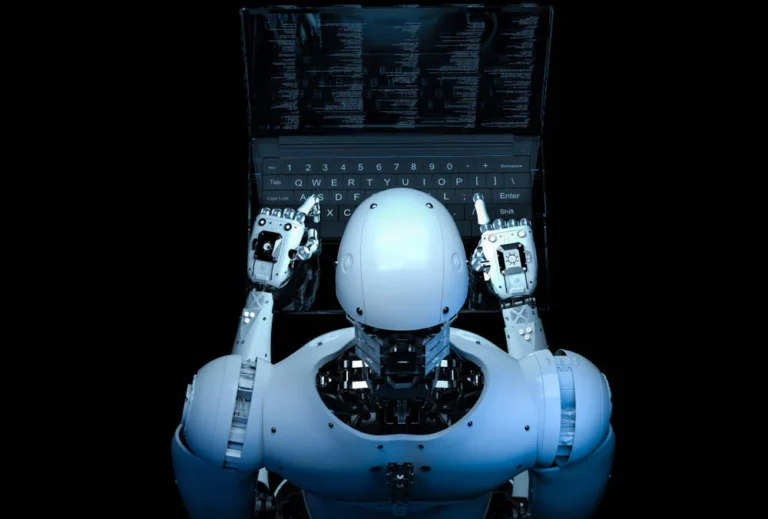
The majority of organizations believe generative AI will have a significant impact on DevOps, according to a new survey, thanks to quicker and smarter analysis of data along with the ability to generate code and recommend workflows.
These expectations are derived from a survey of 450 DevSecOps practitioners across the US, EMEA and Asia Pacific commissioned by observability company Dynatrace and focused on companies with above US $500m in revenue.
The survey identified six ways in which respondents believe AI will help them, though not with equal confidence. The top choice, backed by 57 percent, is that using AI to analyze data and recommend optimized workflows will increase productivity. 56 percent also believe that automated documentation and instant answers will improve collaboration between development, security and operations teams.
Next up is that 48 percent think AI-generated code snippets will save them time, and 46 percent reckon that AI-driven analysis of observability data will improve delivery pipelines. The ability to improve code quality by generating test cases is affirmed by 41 percent, while 39 percent expect smarter release, deployment and rollback strategies via analysis of historical data and user feedback.
There is perhaps some overlap in these categories, but the survey results do suggest optimism concerning the impact of AI on DevOps. There is plenty of scope for improvement, especially in smaller organizations where, according to the survey, only 55 percent of the end-to-end DevOps process is automated, and it takes longer to fix issues found in production applications: 14 hours in the smallest organizations versus 5.5 hours in the largest.
Why is automating DevOps processes difficult? The top reason cited is lack of expertise, followed by security concerns, that faster delivery could increase risk. Other issues are the complexity of managing multiple tools, the challenge of legacy systems where DevOps is hard to automate, siloed teams, and cultural resistance to new ways of working.
These last two factors echo statements in the Agile Manifesto over 20 years ago, which favoured “individuals and interactions over processes and tools.”
Changing culture is harder than changing tools though, and Dynatrace founder and CTO Bernd Greifeneder takes the line that “to be most effective for DevOps automation use cases, data collection and analytics need to be consolidated on a single platform,” presumably in the hope that Dynatrace will be considered for this role. He also argues that Kubernetes is so complex to manage that it is “driving the need for automated ecosystem orchestration, as technology environments have simply surpassed human ability to manage.”
Despite that sobering and disappointing claim, Kubernetes is in use by 67 percent of those surveyed, according to a table of the most popular DevOps tools and platforms. Second and third in the table are Microsoft’s Azure DevOps and GitHub. Other popular tools are GitLab, Atlassian’s tools, HashiCorp’s Terraform, and long-term stalwarts including Jenkins, Ansible, Puppet and Chef.
The full report is available here (registration required).
